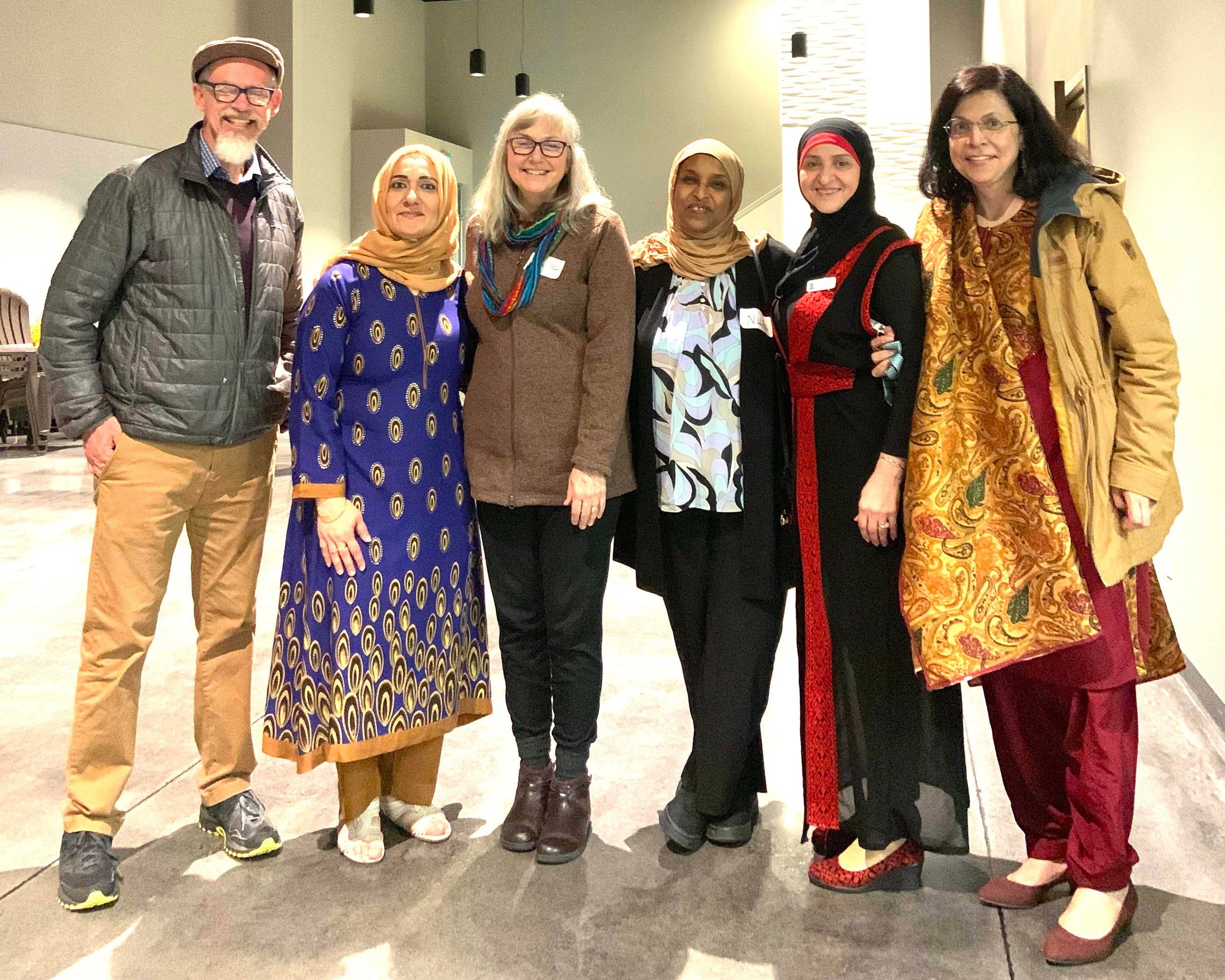The Heart of Peacemaking
by Rick Love
“There are too many angry peacemakers!” bemoaned a friend of mine during an Evangelical Peacemaking Summit. Everyone laughed, because we all realized the irony of it. Sometimes those who wrestle with injustice and seek peace don’t embody the very message they bring. They have the right beliefs and the right actions, but not the right affections. Something is wrong in their hearts.
Recently I attended the Society of Vineyard Scholars, a time rich in scholarship and fellowship. A paper entitled, The Three Orthos and Reconciliation caught my attention. Mary-Catherine Brown, the author, told us that right belief (orthodoxy) and right action (orthopraxy) are never enough to achieve peacemaking and reconciliation. What we also need are right affections (orthopathy). Thank you Mary-Catherine for this brilliant insight. (While I first heard it from Mary-Catherine, others are emphasizing the same thing. See reformedbaptistinstitute.org).
Yes, the heart of peacemaking is the heart!
To spread peace, we need to be in peace -- peace with God and peace within ourselves. But we have a problem. Our hearts are battle grounds, and life is full of peace robbers. The challenge for all of us is this: what is the state of my heart today? How can I be at peace with God and within myself? Let me share two practices that get to the heart of peacemaking and that help me keep the peace.
1. To live in peace, we rest in God’s love.
When I think of the condition of my heart and how it impacts my peacemaking, I recognize that I have to continually get in touch with God's heart. God's great peacemaking initiative in sending Jesus to reconcile us back to him and to others grew out of his love for us. The "heart" of peacemaking is God's heart (John 3:16; Romans 5:8-11). When I experience God’s love, I live in peace.
But resting in God’s love doesn’t come naturally to us.
I was talking about this with a friend recently. He said that when he was growing up, all of his life was like a scorecard. Just as basketball players track their rebounds, blocked shots, assists, and points per game, so too my friend felt like he needed to track his accomplishments. He wanted to win people’s approval. Acceptance depended on his performance. This describes my life too, except that I find out what’s a good score and then I am determined to exceed it! Not good.
But God’s love is greater than my perfectionism or drivenness … or yours!
“Keep yourselves in the love of God,” says Jude (Jude 1:21 NASB). What a precious command. If we are going to keep ourselves in the love of God, we need to think about those things that keep us from God’s love. Anxiety, busyness, pride, anger, bitterness, unforgiveness, and lack of prayer are just a few ways we block God’s love. What other things would you add to this list?
We keep ourselves in God’s love by spending time in God’s presence; by submitting our lives, our schedules, our relationships to him; by taking a quiet walk in the woods; by enjoying His good gifts; by making peace with others.
One of my favorite prayers is found in 2 Thessalonians 3:5: “May the Lord direct your hearts into the love of God and into the steadfastness of Christ.” When I pray this I acknowledge that God must do something in my heart. I often repeat the prayer a number of times, inviting him to direct my heart, confessing that I need His love and Christ’s steadfastness.
I spend time pondering and praying through this verse. Then I silently sit before the Lord. I am not a very good mystic, but I have learned this: resting in God’s love is the opposite of performing for God’s approval. When I remind myself that God is love and that we love because He first loved us, all is well with my soul. I naturally walk in peace.
2. To live in peace, we walk by faith.
We often feel buffeted by life’s challenges. The daily grind of pressure to perform, family disputes, financial struggles, personal failures, and physical illness takes its toll. And we lose the peace.
The antidote? We pray. “Do not be anxious about anything, but in everything, by prayer and petition, with thanksgiving, present your requests to God” (Philippians 4:6). First, we say no to our anxieties (please note that this is a command). Next, we say yes to God by praying about the things that burden us. We turn our cares into prayers.
Finally, we thank God for the good things that come our way. We cultivate a heart of gratefulness. As we pray and as we trust, our anxieties melt away. The result: God does what only He can do: He gives us peace. “And the peace of God, which transcends all understanding, will guard your hearts and your minds in Christ Jesus (Philippians 4:7).
Orthopathy (right affections) may not be a word you will use in the future, but this term does put the spotlight on the heart of peacemaking!










